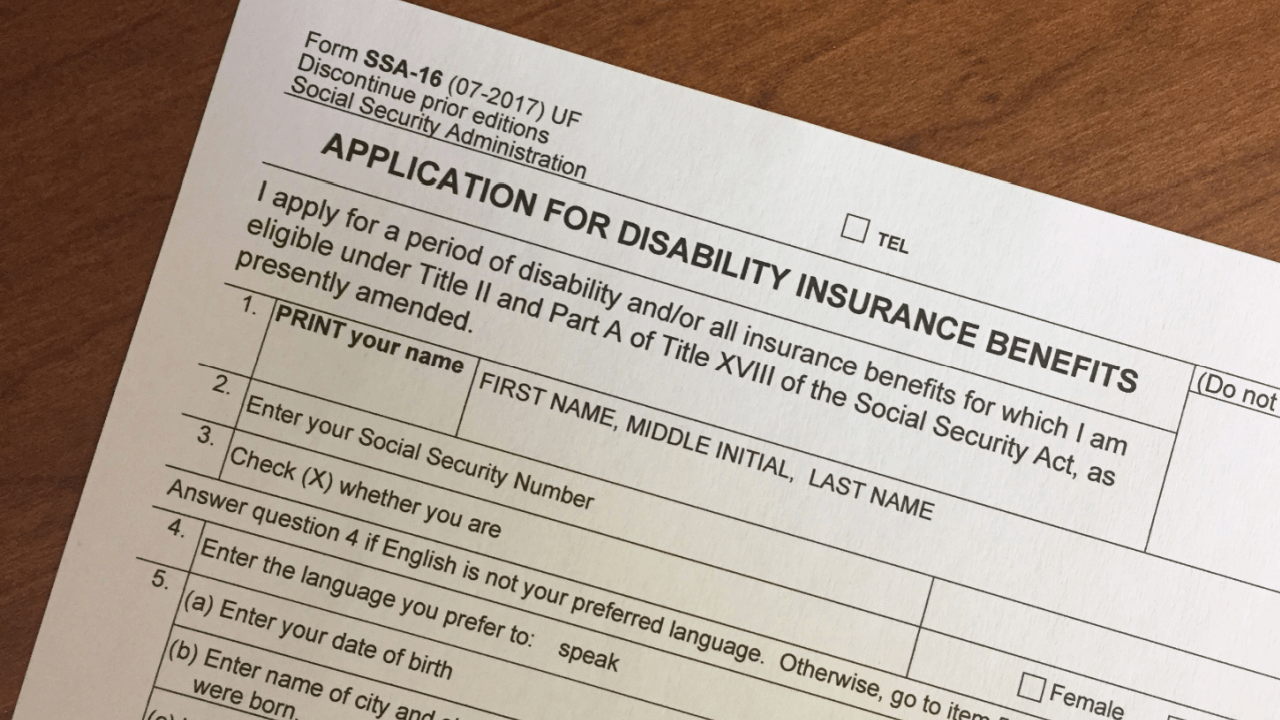
Can I get a tax refund if my only income is Social Security?
Refund Guide: Can I Get a Tax Refund If My Only Income Is Social Security?
Can I get a tax refund if my only income is Social Security? Yes, you may qualify for a tax refund even with only Social Security income, particularly if you had taxes withheld from other sources or qualify for refundable tax credits. While Social Security benefits alone typically don’t require filing a tax return, certain situations can trigger refund opportunities.
Most Social Security recipients wonder whether filing taxes is worthwhile when their benefits represent their sole income source. Understanding your filing requirements and potential refund opportunities can help you determine whether you may qualify for a tax refund.
Understanding Requirements: Social Security Income Tax Rules
Social Security benefits become taxable only when your combined income exceeds specific thresholds. For single filers, taxation begins when combined income surpasses $25,000 annually. Married couples filing jointly face taxation when their combined income exceeds $32,000.
Combined income includes your adjusted gross income, non-taxable interest, and half of your Social Security benefits. If your only income is Social Security and falls below these thresholds, you typically won’t owe federal income tax on your benefits. The IRS provides detailed guidance on Social Security taxation at IRS.gov.
However, some states tax Social Security benefits differently than federal rules. Thirteen states currently tax Social Security benefits to varying degrees, which could affect your overall tax situation.
Filing Strategy: When Social Security Recipients Should File Returns
Even when you’re not required to file, submitting a tax return can be financially beneficial. Can I get a tax refund if my only income is Social Security? The answer often depends on whether you qualify for refundable tax credits or had taxes withheld from other sources.
Refundable tax credits like the Earned Income Tax Credit or Additional Child Tax Credit can generate refunds even when you owe no taxes. These credits pay out regardless of your tax liability, making filing worthwhile for eligible recipients. You can learn more about refundable credits at IRS.gov.
If you had federal or state taxes withheld from pension distributions, part-time work, or other income sources earlier in the year, filing ensures you recover those overpayments. Many retirees overlook this opportunity, leaving money on the table.
Maximizing Benefits: Common Refund Opportunities for Social Security Recipients
Several scenarios can trigger refunds for Social Security recipients. If you worked part-time during the year and had taxes withheld, you might receive a refund if your total income falls below taxable thresholds.
Healthcare-related tax credits present another opportunity. The Premium Tax Credit for health insurance marketplace plans can generate refunds when properly claimed. Additionally, if you paid estimated taxes throughout the year but ultimately owed less than anticipated, you’ll receive the difference as a refund.
State tax considerations also matter. Some states offer property tax credits, renters’ credits, or other benefits specifically for seniors and low-income taxpayers. Filing your state return ensures you don’t miss these opportunities.
Expert Guidance: Can I Get a Tax Refund If My Only Income Is Social Security?
The question “Can I get a tax refund if my only income is Social Security?” requires examining your complete financial picture. While Social Security benefits alone rarely trigger tax obligations, other factors can create refund opportunities.
Consider filing even when not required, especially if you’re eligible for refundable credits or had taxes withheld from any source. The potential refund often outweighs the minimal effort required to file a simple return.
Take Action Now: Claim Your Social Security Tax Refund
Review your tax situation annually to identify whether filing could be appropriate. Review your tax situation annually to identify potential refund opportunities. Consider consulting a tax professional who understands Social Security taxation rules and can help you review your filing options. For legal guidance regarding Social Security matters, contact us at ssd.com
Frequently Asked Questions
1. Do I need to file taxes if Social Security is my only income?
Generally no, but filing may still benefit you if you qualify for refundable tax credits or had taxes withheld from other sources.
2. How much Social Security income is taxable?
Social Security becomes taxable when combined income exceeds $25,000 for single filers or $32,000 for married couples filing jointly.
3. Can I claim the Earned Income Tax Credit with Social Security?
No, Social Security benefits don’t qualify as earned income for EITC purposes, but other income might make you eligible.
4. What if I had taxes withheld from my pension?
File a tax return to recover any overpaid taxes, even if your total income falls below taxable thresholds.
5. Should I file state taxes with only Social Security income?
Yes, if your state offers senior tax credits or property tax relief programs that require filing to claim benefits.
Key Takeaways
- Filing Benefits: File even when not required to claim refundable credits and recover withheld taxes
- Income Thresholds: Social Security taxation begins at $25,000 for singles, $32,000 for married couples
- Refund Sources: Overwithholding, refundable credits, and state benefits create refund opportunities
- Professional Help: Tax professionals can identify overlooked refund opportunities for Social Security recipients
- Annual Review: Examine your tax situation yearly to maximize refund potential and minimize missed opportunities


